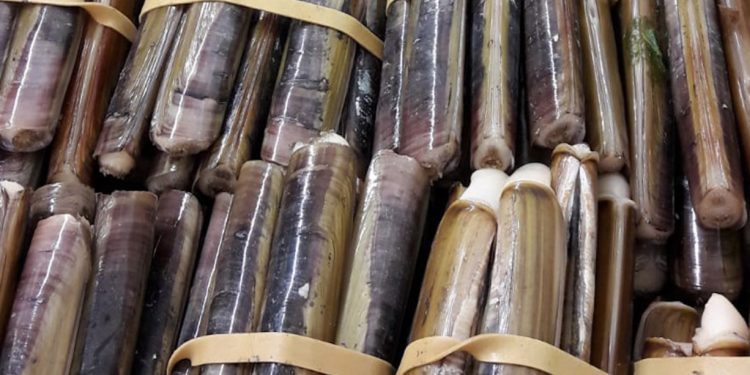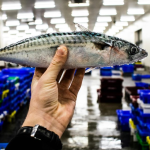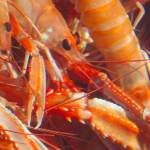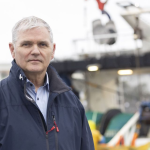A trial to research the economic opportunities and environmental impacts of electrofishing for razor clams has been extended for a further twelve months.
The extension aims to strengthen the evidence-base and inform future decisions about capacity for a sustainable razor clam fishery in Scottish waters, including developing fisheries management measures.
The current market for razor clams is export-focussed, worth £6.1 million in the year ending 31 January 2022 and employs around 100 people. Scottish razor clams are a prized delicacy in many parts of the world, particularly in far eastern markets. Prior to the trial, some vessels were illegally using electricity to fish for the species giving rise to concerns over the impact on the marine environment and health and safety. Electrofishing harvesting involves inshore fishing vessels gently pulling electrodes over the seabed to draw out razor clams burrowed in shallow sand, which are then collected by hand.
Conducted by the Scottish Government, the Health and Safety Executive and Food Standards Scotland, the trial began in 2018 and has now been extended to 31st January 2025. Authorised vessels taking part in the trial are subject to strict terms and conditions and exempt from a ban on electrofishing in the EU and a ban on fishing and landing razor clams in Scotland.

Participating fishing vessels are subject to strict terms and conditions, including limits on where fishing can take place, the quantity of clams that can be landed, the time that can be spent fishing and the size of clams they can harvest. Remote electronic monitoring (REM) systems on board participating vessels ensure compliance and protection of the marine environment.
Existing evidence shows that electrofishing has the potential to produce high quality catch with a lower impact on the marine environment than alternative methods such as dredging. Previous studies have suggested that electrofishing does not have an immediate or short term lethal effect on species exposed to electricity.
‘This unique and innovative trial brings together fishers, scientists, policy-makers and academia to carefully explore the opportunity of diversifying inshore fishing through technology innovation,’ said Scotland’s Minister for Energy and the Environment Gillian Martin.
‘Our Blue Economy Vision is to be a global leader in supplying sustainably sourced and high-quality seafood at home and abroad. While there is significant potential for positive economic benefit to coastal communities from a carefully regulated and managed electro-fishery for razor clams, there are legitimate concerns over the use of electricity in fishing. We aim to address this through the remainder of the trial.’
























